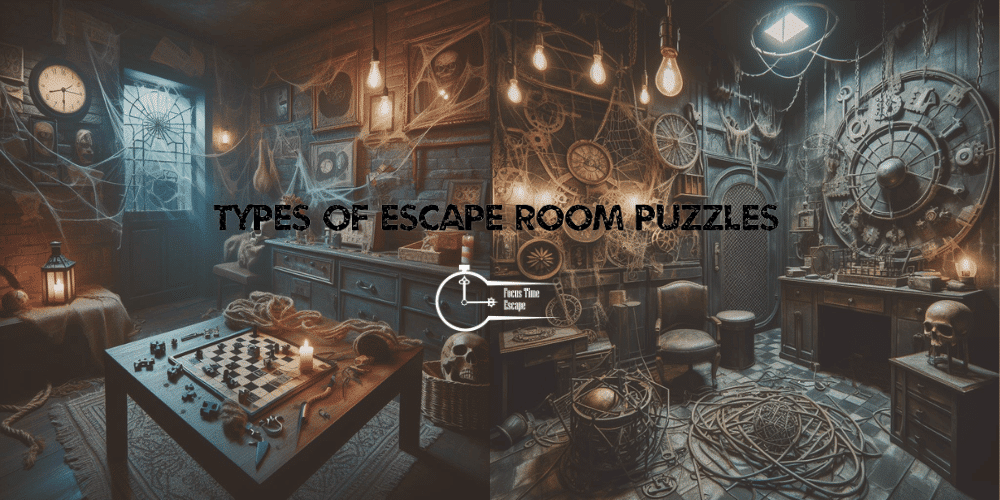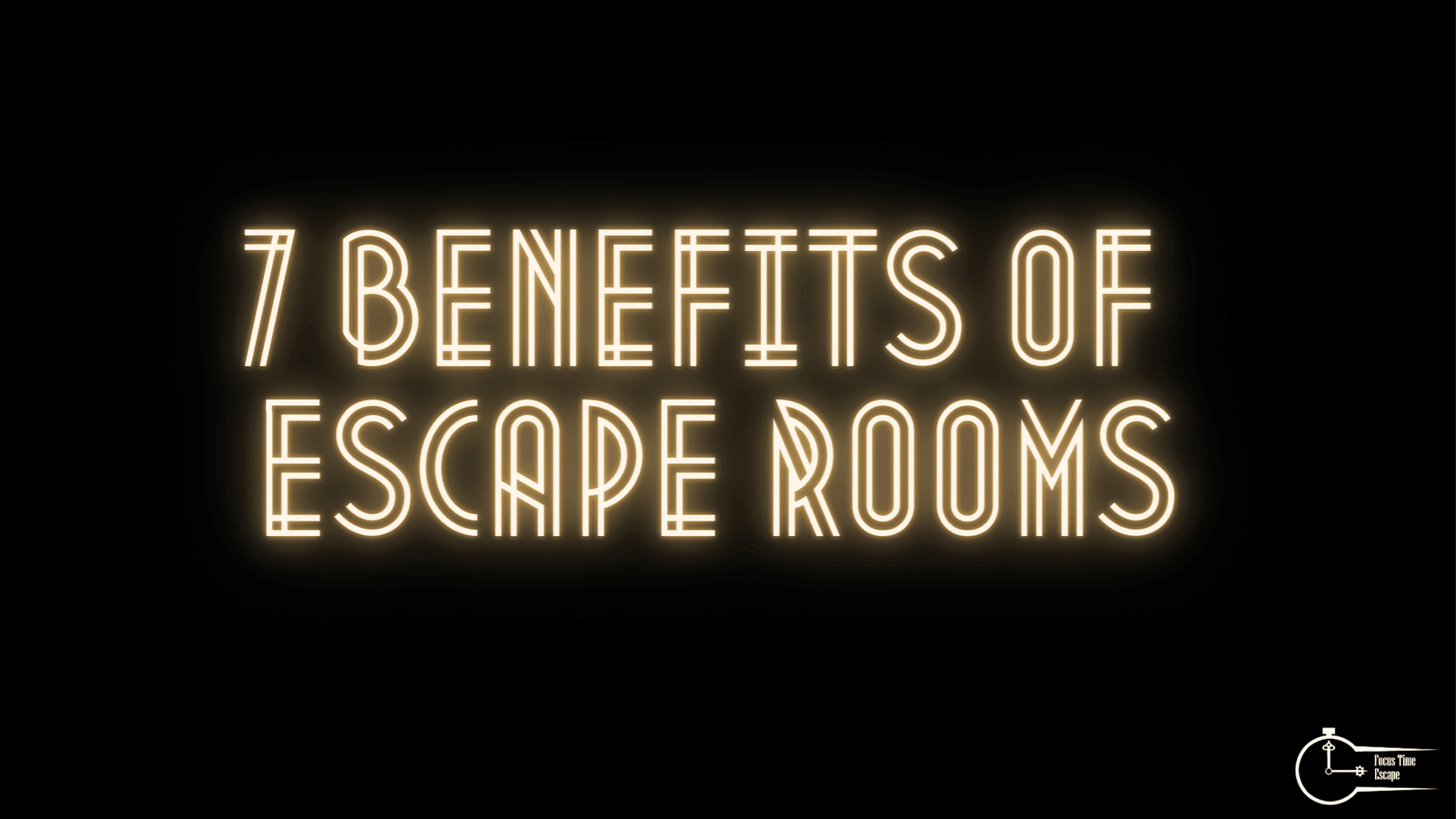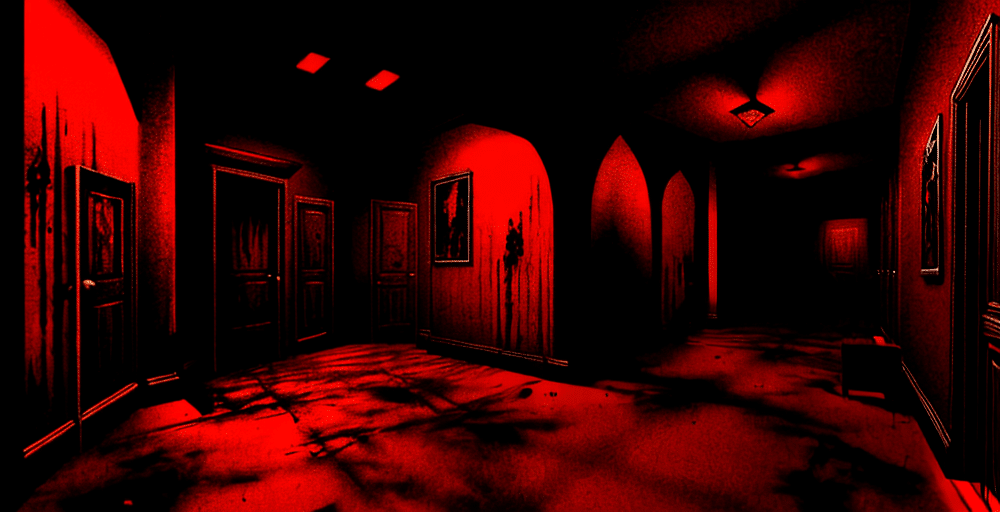Escape rooms have flourished as thrilling adventures that provide mental challenges and collaboration. They are interactive experiences where players find a number of clues, and use strategy and cooperation to “escape” within a specific time frame. An important element that makes the appeal of escape rooms is the range and the originality of its puzzles. Let’s take a closer look at the different types of escape room puzzles you will encounter on your next journey.
Hidden Object Puzzles
Hidden object puzzles in escape rooms are places where players find the items they need for the progress with the help of their ingenuity, like keys and codes. It is based on careful observation and picking up on subtle hints, and the participant’s capacity to be attentive and notice important details is tested: most answers are often hidden in plain sight.
Physical Puzzles
The physical puzzles in escape rooms embody an array of mental tasks that involve assembling, moving objects, and solving problems. These activities necessitate the use of mental strength and physical fitness; hence, they provide an immersive experience that greatly enriches the room’s atmosphere and tests the players on their skills.
Sensory Puzzles
Sensory puzzles in escape rooms give players clues that they must be solved using nonvisual senses, including hearing, smell, and taste. This puzzle representation is unique in a way that it is not only a test but also develops visual abilities, thus making the game experience more complex and dynamic.
Escape Room Logic Puzzles
Logic puzzles make the players use deductive reasoning in order to solve the problems. These can be sequencing tasks, riddles, or uncovering the correct path through a series of hints. Escape room logic puzzles challenge your ability to think critically by linking seemingly unrelated facts and finding a solution.
Escape Room Ciphers
Ciphers are an exciting part of escape rooms, where players solve puzzles to get the clues. These vary from simple substitution ciphers to more complicated encryption algorithms. Cipher cracking typically relies on pattern recognition, understanding the encryption method, and at times, some historical or cultural awareness.
Common Escape Room Puzzles
Common escape room puzzles are those that players might find across various themes and settings. Here are some specific types within this category:
- Locks and Keys: Find secret keys or combinations.
- Combination Puzzles: Decode sequences of numbers, symbols or colors.
- Riddles and Wordplay: Solve verbal riddles with abstract logic.
- Pattern Recognition: Detects and compares patterns and sequences.
- Visual Puzzles: Uncover hidden clues from the images by analyzing them.
- Mechanical Puzzles: Engage with objects to solve physical problems.
These puzzles constitute a major part of most escape room challenges and are arranged to give players both simple and complex problems to solve.
Conclusion
Escape room experiences combine puzzles that vary on the basis of dexterity, thinking, and sensory skills, from ciphers to searching for hidden objects and many more. Each challenge brings you closer to realism by unlocking secrets of what is yet to come. Armed with this knowledge you will have an exciting experience in any escape room.


